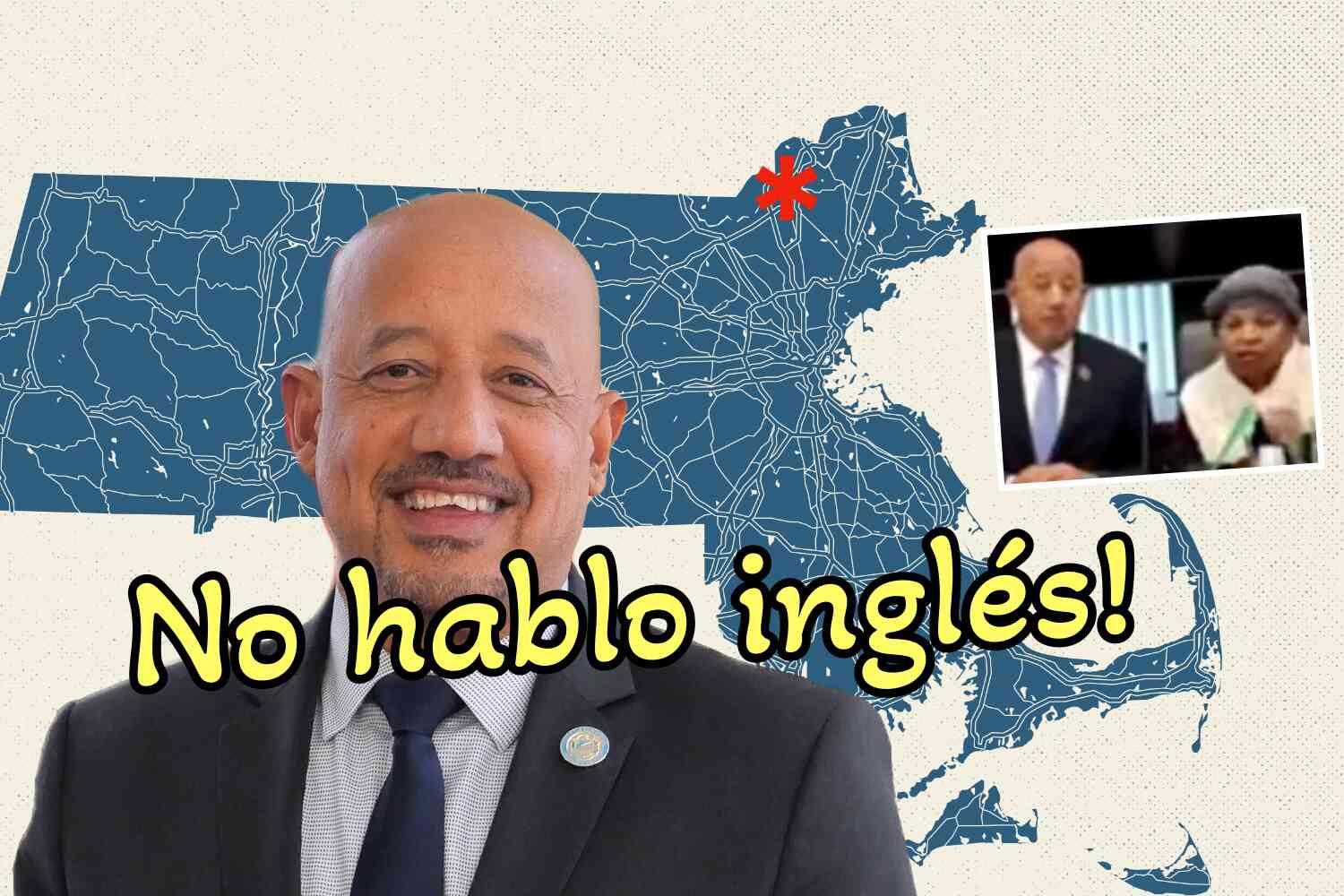If you haven't heard already, America was built on racism, misogyny, and cruelty, and anyone who thinks otherwise needs to read a copy of The Communist Manifesto.

The esteemed scholars over at the National Archives, tasked with protecting our heritage and the legacy of our civilization's founding documents – words that launched an unprecedented, unbelievable reign of liberty and human flourishing in a world controlled by tyrants and warlords – seem to have bought into that narrative.
"The Catalog and web pages contain some content that may be harmful or difficult to view," reads a statement on the Archives' site. "NARA's records span the history of the United States, and it is our charge to preserve and make available these historical records. As a result, some of the materials presented here may reflect outdated, biased, offensive, and possibly violent views and opinions. In addition, some of the materials may relate to violent or graphic events and are preserved for their historical significance."
Why is this a big deal, you ask? Isn't it good to acknowledge that some of our historical records will reflect the realities of human brokenness and societal sins?
Of course, but the way you frame it is just as important.
What harmful or difficult content may be found in the National Archives Catalog and our web pages?
Some items may:
- reflect racist, sexist, ableist, misogynistic/misogynoir, and xenophobic opinions and attitudes;
- be discriminatory towards or exclude diverse views on sexuality, gender, religion, and more;
- include graphic content of historical events such as violent death, medical procedures, crime, wars/terrorist acts, natural disasters and more;
- demonstrate bias and exclusion in institutional collecting and digitization policies.
You see, in this portion, they tip their hand. This is not an unbiased statement by researchers who reflect a diversity of thought while remaining rooted in the universal values of America's Founders.
This is a statement that would be made by people who cherish the modern religion of Wokeism and its sacraments of totalitolerance, unbridled sexuality, limitless genders, critical race theory, globalism, and subjective truth.
Example: Do you believe that you can separate the entire human race for all time into "ladies" and "gentlemen"?
Do you believe that the Judeo-Christian principles that undergird our entire system of politics and law is more favorable than Sharia law rooted in the practices of a 6th-century warlord?
Well, you are "discriminatory towards... diverse views on sexuality, gender, religion, and more"!

Why does the National Archives make potentially harmful content available?
NARA's mission is to preserve and provide access to the permanent records of the federal government. NARA, working in conjunction with diverse communities, will seek to balance the preservation of this history with sensitivity to how these materials are presented to and perceived by users.
Note the last line here.
What they are saying is that they want to balance the factual historical truth with your FEELINGS on the matter.
Imagine your doctor telling you this: "I didn't tell you to stop eating 5 pizzas a day because I want to balance the preservation of medical facts with sensitivity to how that statement would be presented to and perceived by you."
This is, in a real sense, an eisegetical framework for history – one that forces the events and texts of the past to fit into our modern context – instead of an exegetical practice where we step into the past to see the times and people for who they were in their own unique circumstances.
How are archivists working to address this problem and help users better understand such content?
Examples include:
- informing users about the presence and origin of harmful content;
- revising descriptions and standardized sets of descriptive terms, supplementing description with more respectful terms, or creating new standardized terms to describe materials;
- researching the problem, listening to users, experimenting with solutions, and sharing our findings with each other;
- evaluating existing processes for exclusionary practices or institutional bias that prioritize one culture and/or group over another;
- making an institutional commitment to diversity, equity, inclusion, and accessibility.
Gotta love that last line about diVeRsiTy (just not of thought), eQuiTy (equal Marxist outcomes), iNcLuSiOn (the exclusion of everyone who thinks differently than them), and aCceSsiBiLiTy (making sure people don't see things that hurt the woke worldview).
I assume this will be the National Archives' statement a few years in the future after the Glorious Revolution has taken place:
P.S. Now check out our latest video 👇









